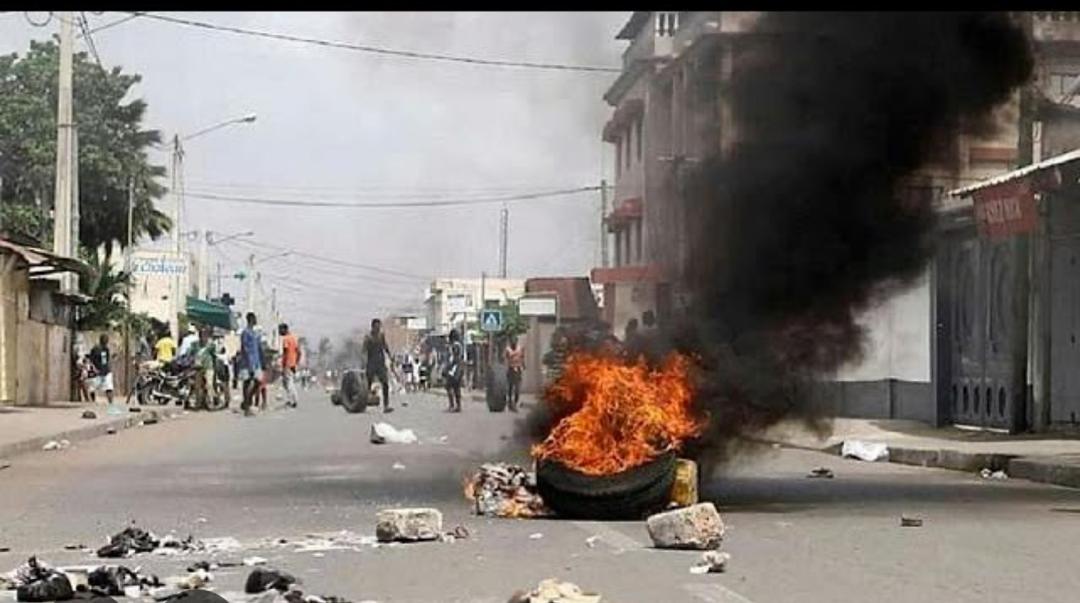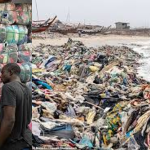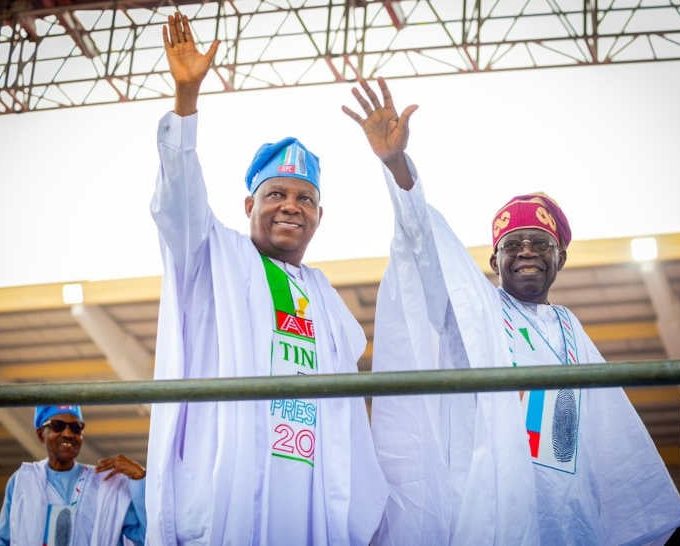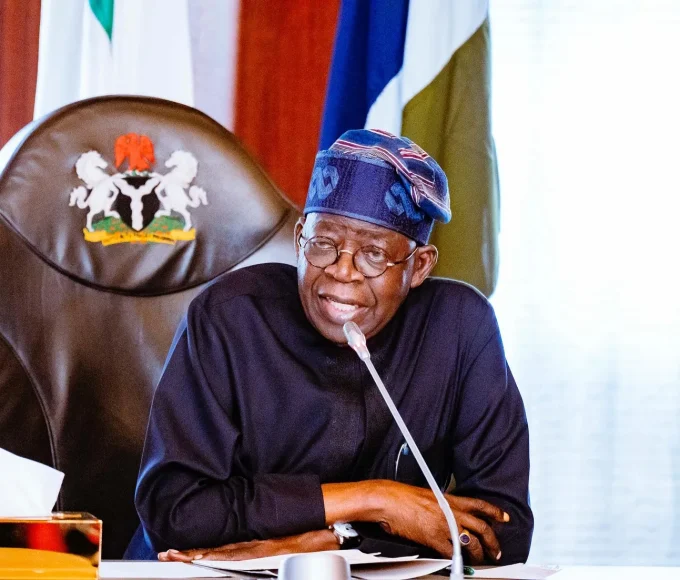
Togolese Youth Continue Protests Despite Government Ban, Demand End to Faure Gnassingbé’s Rule

The youth of Togo continue to protest against President Faure Gnassingbé’s prolonged stay in power, despite the government’s ban on public demonstrations. On Thursday, June 26, 2025, spontaneous protests broke out in several neighbourhoods of the capital, Lomé. Groups of protesters gathered in the streets, calling for the president’s resignation and an end to his plan to rule indefinitely.
Security forces responded by firing tear gas and patrolling the streets to break up the gatherings. In some neighbourhoods, plain-clothed officers entered homes to arrest people. Many shops were closed, and burning tires were used to block roads. Several people were arrested, especially in opposition strongholds like Bè.
The protests were organised through social media by civil society groups and activists. They planned three days of action, from June 26 to 28, to protest recent constitutional changes and demand political reforms. Protesters are also calling for the release of political prisoners and better living conditions.
Gnassingbé has been in power since 2005, following the death of his father, Eyadéma Gnassingbé, who ruled the country for 38 years. Faure was only a member of parliament at the time, but became president the same day his father died. He has now ruled for 20 years.
In May 2024, the Togolese parliament passed a new constitution, which changed the country’s system from presidential to parliamentary. Under the new system, the president of the republic is chosen by parliament and holds mostly ceremonial powers. Real power now lies with the president of the council of ministers—a position Faure Gnassingbé now holds. This role has no term limits, and he can remain in it as long as parliament continues to re-elect him. Many citizens and opposition groups view this move as a means for Faure to maintain control indefinitely.
The government has warned against what it calls “illegal demonstrations.” On June 24, Minister Gilbert Bawara stated that the state would take firm action against any form of unrest. He advised citizens to stay away from protests, saying the government is only doing its duty to enforce the law and maintain public order.
Meanwhile, human rights groups, such as Amnesty International, have condemned the government’s harsh response to peaceful protests. They have also called for investigations into reports of torture and abuse of arrested protesters. In early June, over 80 protesters were arrested, and there have been reports of beatings and mistreatment.
Tensions remain high as protesters vow to continue their demonstrations until their demands are met. The government has not shown signs of backing down, and security forces continue to be present in the streets.
About The Author
Related Articles
Tinubu, Shettima to Spend N12.2bn on Travel and Transport as Nigerians Struggle With Cost of Living and Insecurity
Details from Nigeria’s 2026 Appropriation Bill show that President Bola Ahmed Tinubu,...
ByWest Africa WeeklyJanuary 10, 2026Senegal Beat Mali to Become First AFCON 2025 Semi Finalists
Senegal secured the first semi final place at the 2025 Africa Cup...
ByWest Africa WeeklyJanuary 10, 2026Tinubu Govt Questioned Over Super Eagles Bonus Standoff
Nigeria’s Super Eagles were thrown into turmoil at the 2025 Africa Cup...
ByWest Africa WeeklyJanuary 9, 2026Tinubu’s Govt Allegedly Uses Celebrities to Promote Tax Payments Despite Altered Tax Law
A wave of video clips circulating on social media shows high-profile Nigerian...
ByWest Africa WeeklyJanuary 9, 2026












Leave a comment